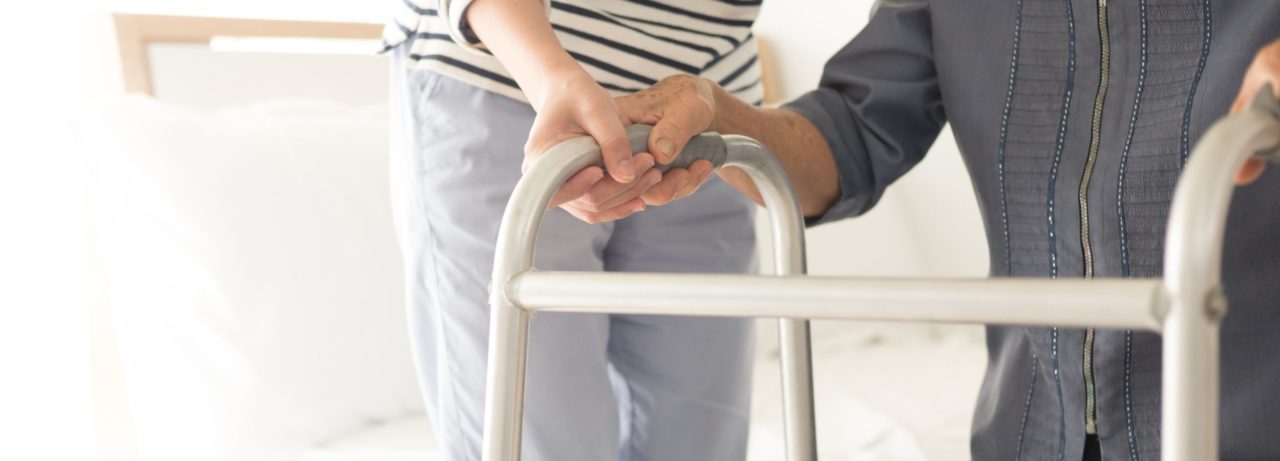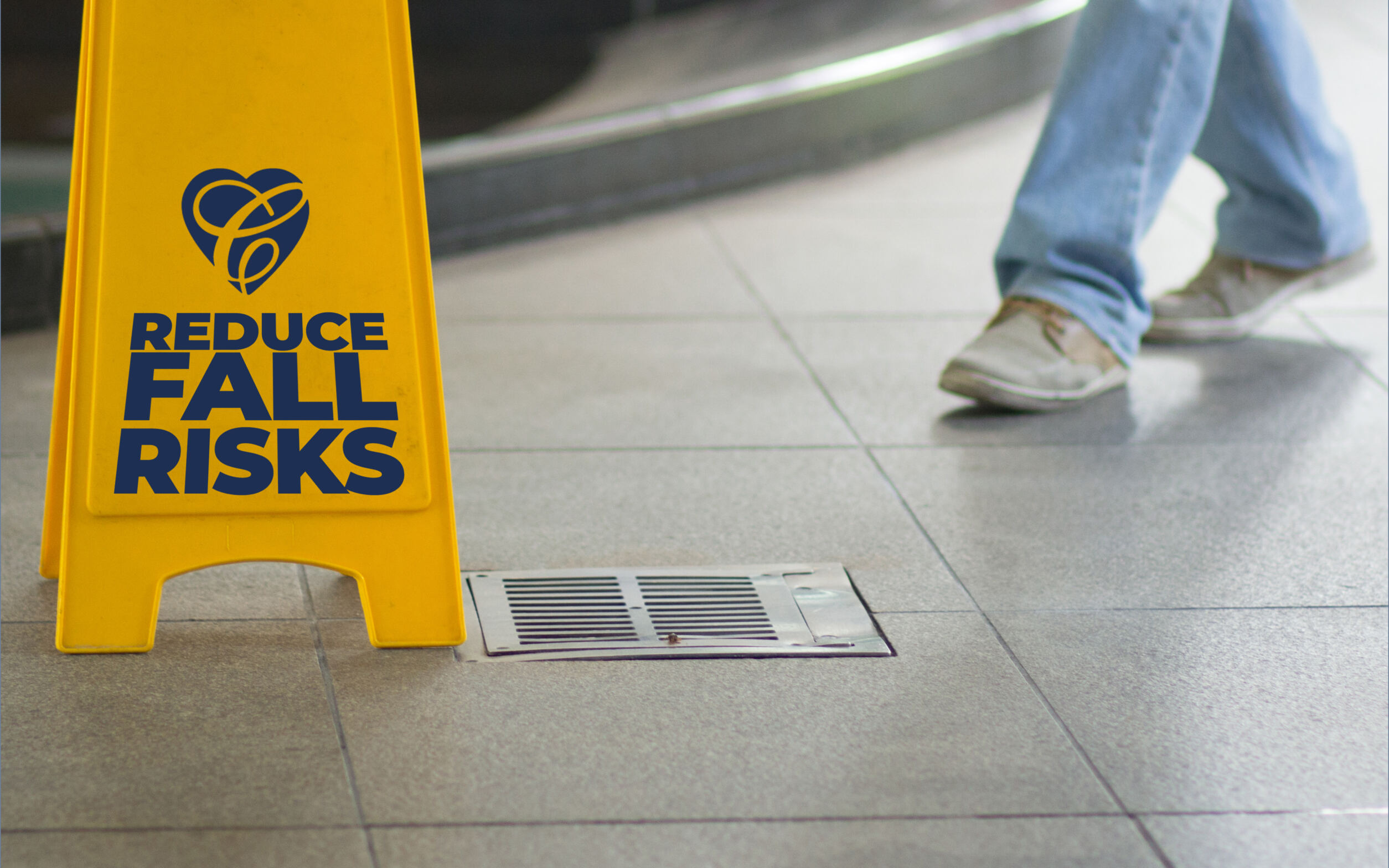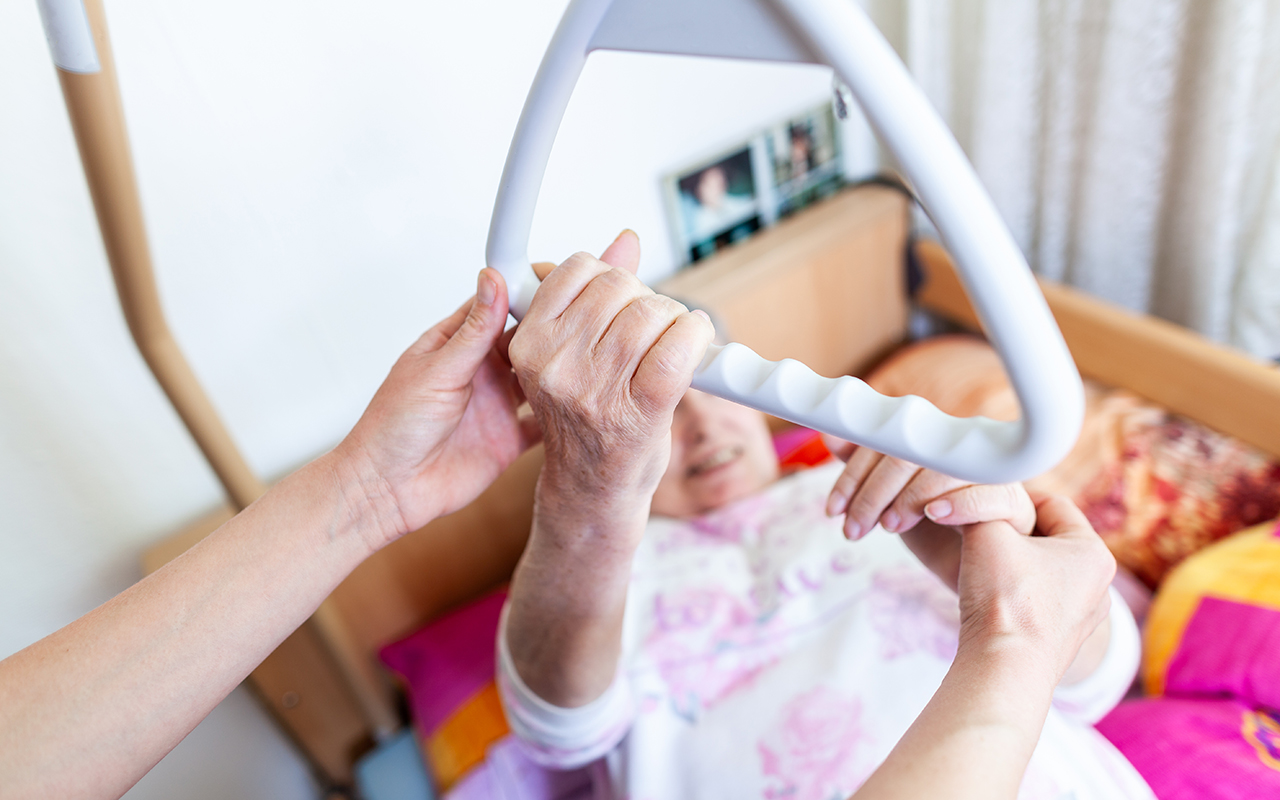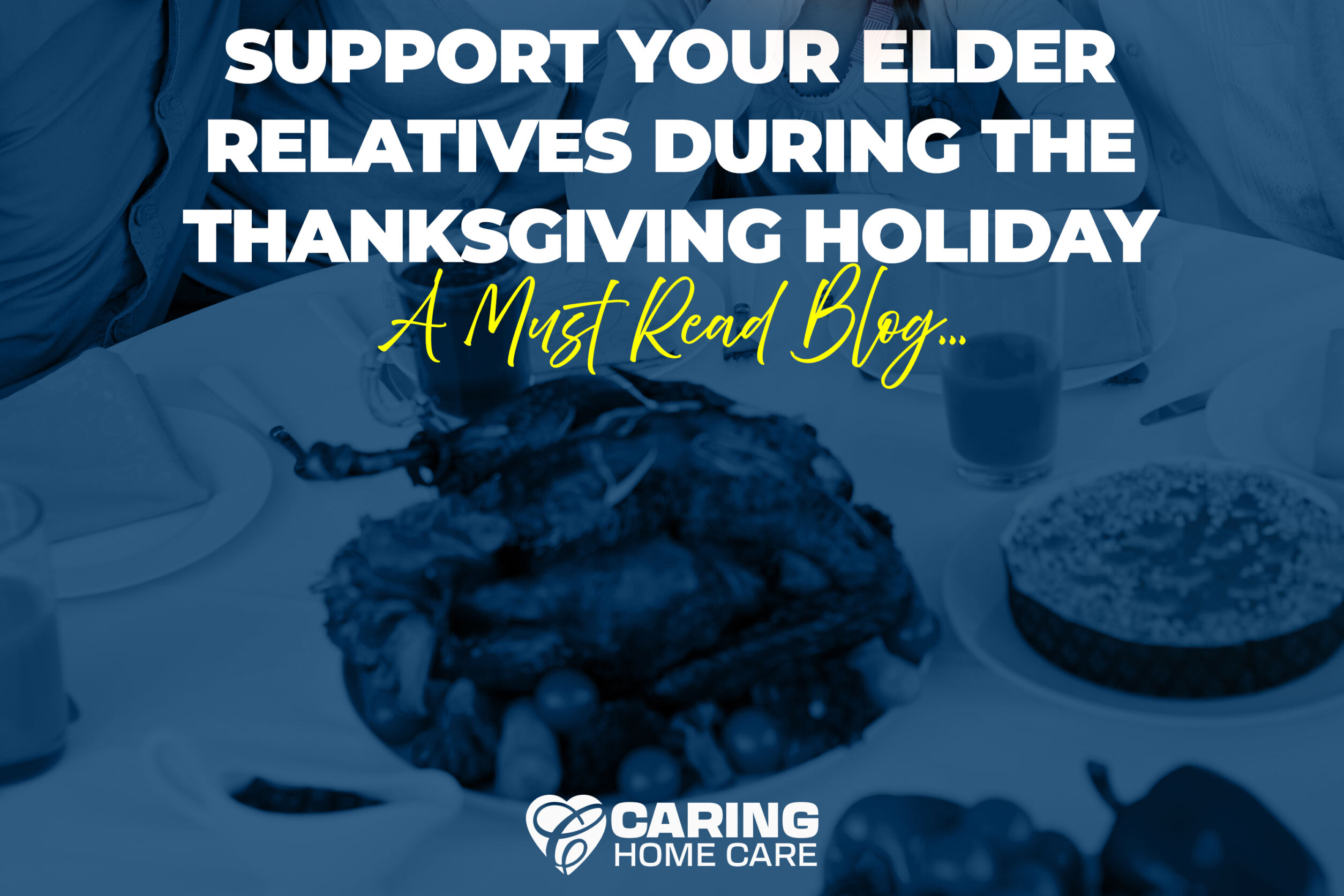Share
Taking a simple walk around the neighborhood and attempting to eat healthy foods are two of the most common New Year’s resolutions; however, as our loved ones age, these simple tasks (and many others) could become increasingly difficult goals to achieve.
How do you know if your loved one is starting to strugglge? You can assess their behavior based on Activities of Daily Living (ADLs).
ADLs are acts that help measure and interpret if our loved ones are maintaining a high quality of life independently. They are usually broken out into main two main categories, basic and instrumental.
Basic ADLs are activities that relate to one’s personal care such as:
- Daily grooming
- Getting dressed
- Toileting
- Transportation
- Walking
Instrumental ADLs are activities that require attention in and outside of the home such as:
- Housework
- Money management
- Shopping around town
- Communication skills
- Medication management
- Mental support
Normally reviewing one’s ADLs comes into play when families are looking into senior housing options for their loved ones, especially when seeing if they qualify for Long-Term Care Insurance (LTC).
There are a number of checklists that you can use to determine what type of care is needed for your loved one depending on how well they can perform each activity. Assessments can also help to determine if they are being impacted by diseases such as Alzheimer’s Disease and Dementia.
While families are able to conduct assessments on their own, it is recommended that you seek guidance when determining the best care option such as:
- Social workers or registered nurses
- Physicians
- Physical and occupational therapists
- Insurance providers
- Government assistance
How Can a Caregiver Add Assistance?
If your loved one’s assessment shows that he or she may need assistance there are a number of ways an in-home caregiver can provide help so your loved one can remain living at home.
When seeking out an in-home caregiver it makes sense to answer a few questions to help you find someone who is a perfect fit.
Questions to ask yourself:
- What does your loved one need help with?
- What specific services, such as physical or occupational therapy, are needed?
- How often each service should be utilized?
- Does your loved one need help with medications? Vital sign monitoring?
- What results are you hoping to achieve with the help of a certified caregiver?
At Caring Home Care, we can match your loved one with a certified nursing assistant or home health aid using our nurse registry which is designed to pair based on exact needs.
Our care coordinator will take care of all the details to allow you the time to help prepare your loved one to see the care they deserve. Our team accepts most LTC plans along with being Electronic Visit Verification (EVV) compliant. To find out if you or your loved one qualify through your long-term insurance, please click here.
Small Daily Habits That Dramatically Reduce Fall Risk Falls are one of the most common causes of injury among seniors. Even a minor fall can lead to serious health complications, loss of independence, or extended recovery time. The good news is that many falls can be prevented. With the right daily routines, safety can be
How Caregivers Can Reduce Injury While Assisting Seniors Providing daily care for seniors is meaningful work. It can also be physically demanding. Many caregiver injuries happen during lifting, transferring, or repositioning seniors. These injuries are often preventable when proper techniques are used. Learning caregiver injury prevention strategies protects both the caregiver and the senior. It
Why Professional Home Care Is Safer Than Family Only Care Caring for an aging loved one is deeply personal. Many families step in with the best intentions. However, as care needs increase, family only caregiving can become overwhelming and risky. This is where professional home care plays a critical role. Professional caregivers are trained, experienced,
Connecting During the Thanksgiving Holiday: How to Support Your Elder Relatives The Thanksgiving holiday is a time filled with warmth, gratitude, and meaningful family traditions. However, for many older adults, it can also be a period of loneliness or emotional distance. This is especially true for seniors who live alone, have limited mobility, or are
Need A Caregiver? Fill Out Form Below
With our competitive rates, we make receiving in-home care affordable regardless of whether you’re using your insurance or paying out of pocket.







